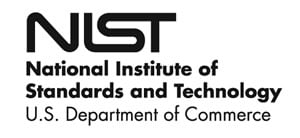RSS feed source: National Science Foundation
Award information
The number of MRSEC awards will depend on the quality of the proposals and available funds. An estimate of $27M will be available for the FY 2026 competition for funding 8-10 MRSEC awards.
Estimated number of awards
8 to 10
Proposals may only be submitted by certain types of organizations. Please see solicitation for details. Limit on number of proposals per organization
1
Limit on number of proposals per organization description –
Only one MRSEC preliminary proposal may be submitted by any one organization as the lead institution in this competition. An institution proposing research in several groups should submit a single MRSEC proposal with multiple Interdisciplinary Research Groups (IRGs). A MRSEC proposal must contain a minimum of 2 IRGs and a maximum of 3 IRGs.
Click this link to continue reading the article on the source website.

